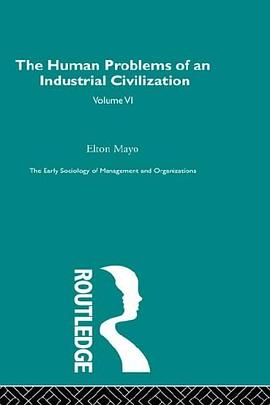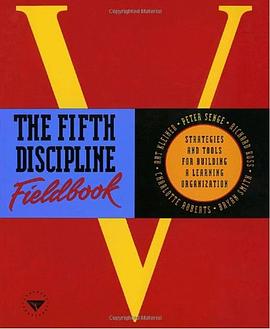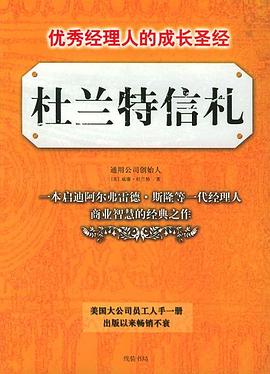

具体描述
This book is a bridge between the technical literature of administrative theory and philosophical discourse. It is needed because an adequate axiology (value theory) of administration is ignored by the former and lacking in the latter. That value theory is necessary to leadership and administration follows directly from decision making and policy formulation, and indirectly from post-modern conditions and context. Moreover, leadership requires self knowledge and motivational insight. The knowledge of good and evil as a critical component of administrative thought ought not to be denied by any technocratic asepsis. Central themes include organization and administrative theory, decisions and policy making, hierarchy, leadership, power, values, and interests. Particular attention is paid to pathologies, ideologies, and the problems of praxis. A robust value theory is presented together with its implications both for the common interest and for personal value auditing. A unique feature of the book is its concurrent presentation in aphoristic form of a general propositional logic of administration. The work is the consolidation of a quarter century of research, teaching, and publication in the subject field. Drawing upon this body of knowledge, the author reconstructs a definitive text along with the extensive new material, notably in the areas of polemic management, ideology, value auditing, and leadership critique.
作者简介
目录信息
读后感
评分
评分
评分
评分
用户评价
相关图书
本站所有内容均为互联网搜索引擎提供的公开搜索信息,本站不存储任何数据与内容,任何内容与数据均与本站无关,如有需要请联系相关搜索引擎包括但不限于百度,google,bing,sogou 等
© 2025 book.wenda123.org All Rights Reserved. 图书目录大全 版权所有




















